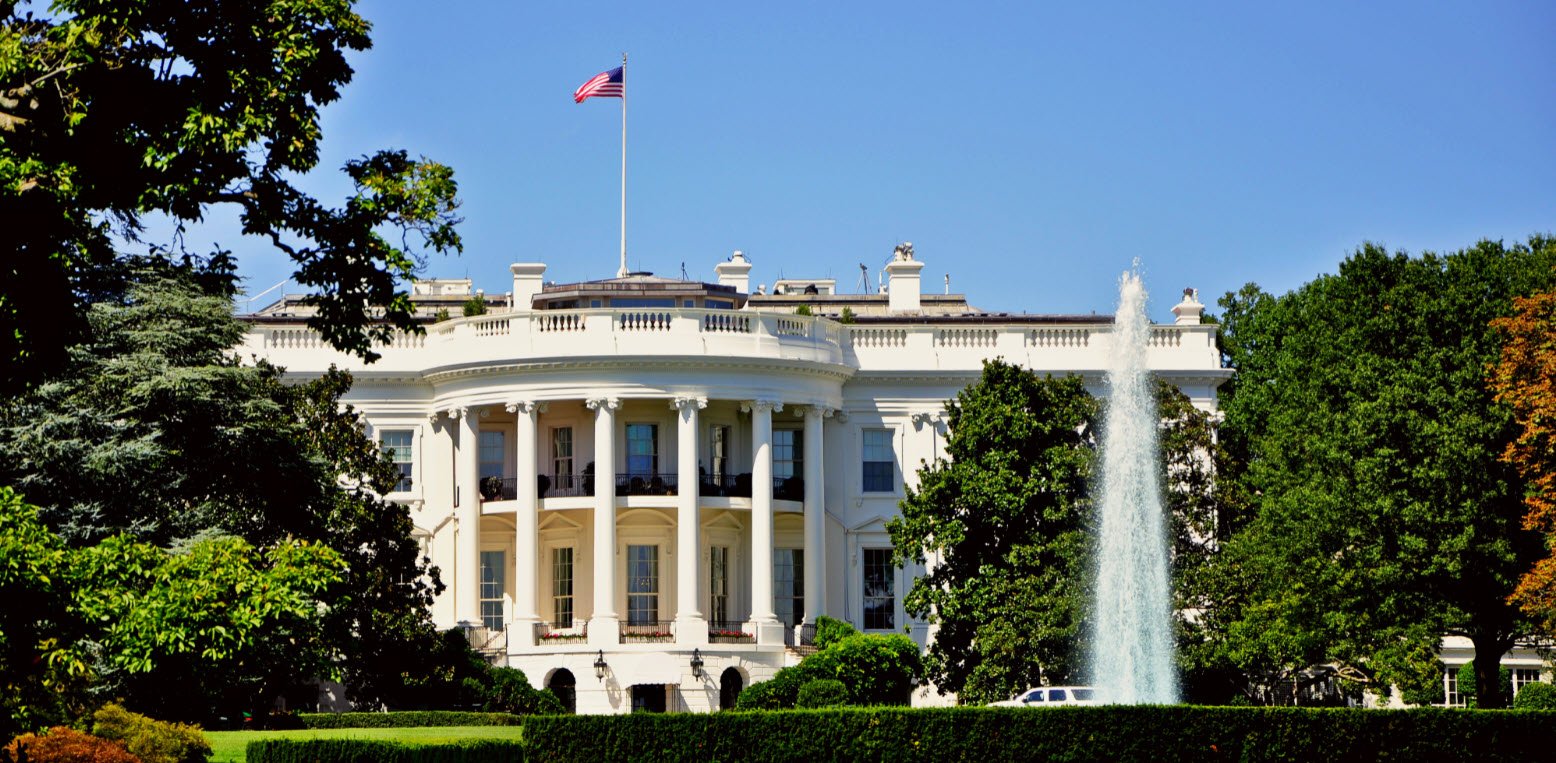On December 16, 2021, the US Treasury Department’s Office of Foreign Assets Control (“OFAC”) designated eight Chinese tech companies to the Non-SDN Chinese Military-Industrial Complex Companies (“NS-CMIC”) list pursuant to Executive Order 13959, as amended by Executive Order 14032, for their alleged involvement in supporting surveillance of ethnic and religious minorities in Xinjiang, China. On the next day, the US Commerce Department’s Bureau of Industry and Security (“BIS”) also added 37 new parties to the BIS Entity List, including 25 Chinese companies for their alleged involvement in efforts to develop and use biotechnology and other technologies for military application and human rights abuses. These sanctions are part of an increase in US Government efforts to prevent alleged human rights abuses.
Separately, on December 23, 2021, President Biden signed the Uyghur Forced Labor Prevention Act (“Uyghur Act”) that strengthens existing prohibitions on the importation of goods mined, produced, or manufactured with forced labor, and potentially imposing additional sanctions on Chinese parties to address alleged forced labor in Xinjiang. For further information on the Uyghur Act, please visit our blog post here.
OFAC Designations
As a result of OFAC’s designations, US Persons are now prohibited from purchasing or selling designated parties’ publicly traded securities, or any publicly traded securities that are derivative of such securities or are designed to provide investment exposure to such securities. US Persons are not prohibited from engaging in other activities related to parties on the NS-CMIC list. For example, US Persons are still able to purchase and sell goods or services related to NS-CMIC entities and their subsidiaries. For more information on Executive Order 13959 as amended, please see our prior blog post here.
Two of the new additions to the NS-CMIC list were previously designated as Specially Designated Nationals (“SDNs”) pursuant to Executive Order 13818, which builds upon and implements the Global Magnitsky Human Rights Accountability Act. The broader prohibitions on US Persons engaging in virtually any dealings with an SDN, their property interests, or entities 50% or more owned by the SDN override the more limited prohibitions for the NS-CMIC list.
Under the Uyghur Act, President Biden is required to identify each foreign person, including government officials, responsible for alleged serious human rights abuses in connection with alleged forced labor in Xinjiang, and to impose sanctions required by law on those persons, unless such sanctions can be waived. This could result in additional sanctions imposed by OFAC, including new designations to the Specially Designated Nationals and Blocked Persons List (“SDN List”).
BIS Entity List Designations
All eight parties designated on December 16, 2021 by OFAC had been previously added to the BIS Entity List. Out of the 35 new parties added to the Entity List on December 17, most reside in China with certain parties also located in Georgia, Turkey and Malaysia. Any exports, reexports, and in-country transfers of items subject to the Export Administration Regulations (EAR), including EAR99 items, are generally prohibited to or through Entity List parties without a license. BIS will review export licenses under a “presumption of denial” policy and no license exceptions are available at this time. Companies should assess whether their trade compliance programs include appropriate measures that address the risks associated with dealing with parties on the NS-CMIC and SDN lists as well as the Entity List. This is particularly relevant given that the passing of the Uyghur Act could result in additional sanctioned parties, which could require updated restricted party screening procedures, supplier/customer onboarding processes, and due diligence assessments.
Companies should assess whether their trade compliance programs include appropriate measures that address the risks associated with dealing with parties on the NS-CMIC and SDN lists as well as the Entity List. This is particularly relevant given that the passing of the Uyghur Act could result in additional sanctioned parties, which could require updated restricted party screening procedures, supplier/customer onboarding processes, and due diligence assessments. Companies operating in China should also consider the implications of China’s countermeasures, including the Anti-Foreign Sanctions Blocking Law, when implementing compliance measures to address these new sanctions.



